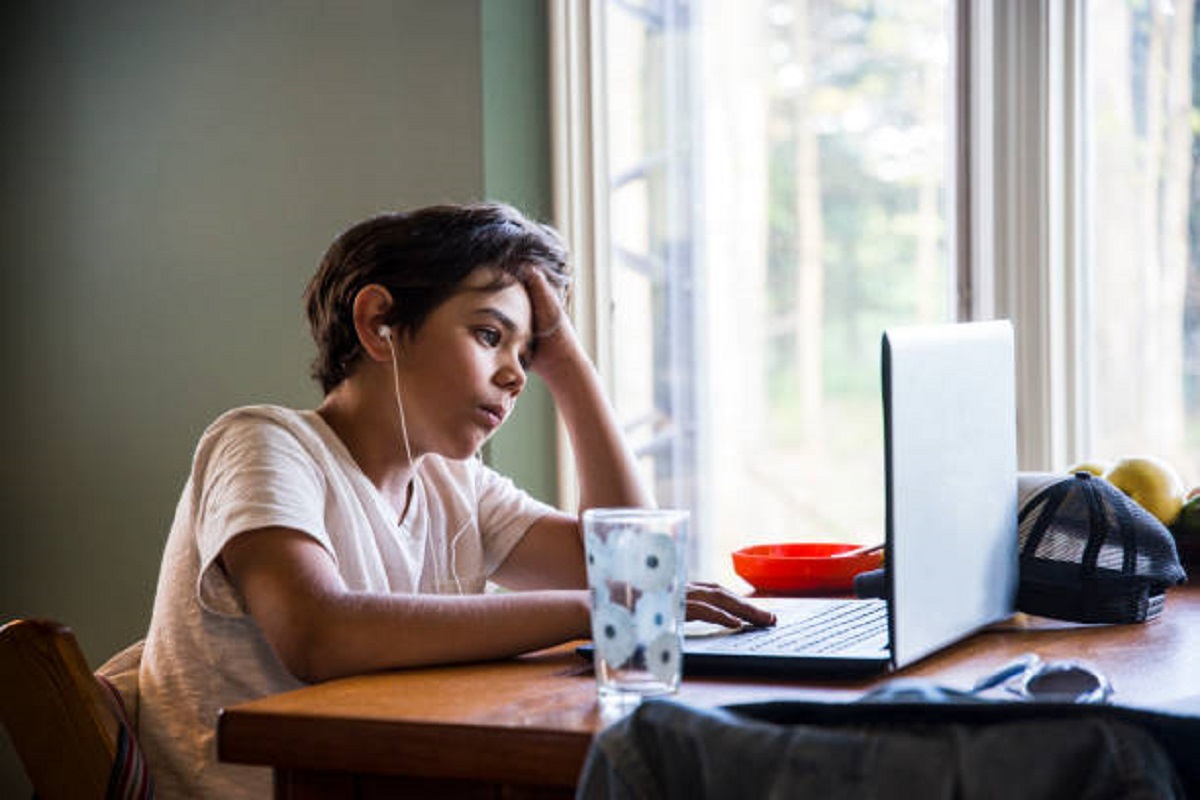Almost all the negative effects of even the most obviously unconstructive screen time shown in research are extremely small, and there is no conclusive evidence at all to show that Educational screen time is harmful in any way, revealed a study titled ‘A systematic review of screen-time literature to inform educational policy and practice during COVID-19’.
The study, conducted by Mumbai based The Acres Foundation completed detailed research on the impact of screen-time on students pertain to review the existing screen-time literature to understand the implications of screen time (ST) on students in the context of pandemic-induced remote learning.
The study was conducted in the light of online learning being subjected to criticism due to its perceived adverse impact on students. The educators and research team at The Acres Foundation conducted an independent study on ST following a lack of consistency and deeper understanding of ST in previous studies.
Some of the key findings of the study include ‘how screen time is used is far more important than how much screen time is used’. There are different types of screen time. Passive (e.g. TV), Recreational (e.g. browsing, social media), Gaming, and Educational revealed the study.
The study further revealed that “People are not properly differentiating between passive screen time (e.g. watching Gossip Girl or hanging out on Facebook or playing Grand Theft Auto), and more constructive types of ST (e,g, doing homework or playing a strategy game on the laptop). This is leading to all screen time being lumped into a single category and labeled as “bad” when they are in fact very different.”
Besides, the research also shows that there is no conclusive evidence at all to show that Educational screen time (like what we are experiencing during the pandemic) is harmful in any way.
“Screen time can be harmful if it is allowed to displace key activities like sleep, exercise, or socializing. Parents and educators can comfortably manage this risk by properly structuring screen time so as not to interfere with sleep, exercise, or socializing (e.g. by schedules and rules around usage),”
Speaking of the research, Mr. Siamack Zahedi, Co-CEO and Director – Education and Research at The Acres Foundation, said, “The lack of clarity and consensus between researchers, policymakers, parents, and educators, over the rather contentious matter of screen-time and its perceived harms especially considering increased exposure through school at home during the pandemic, prompted us to do our own deep-dive and independent investigation of scholarly literature on the topic.”
This blog appeared as an article in The Statesman, dated 17th January 2022

